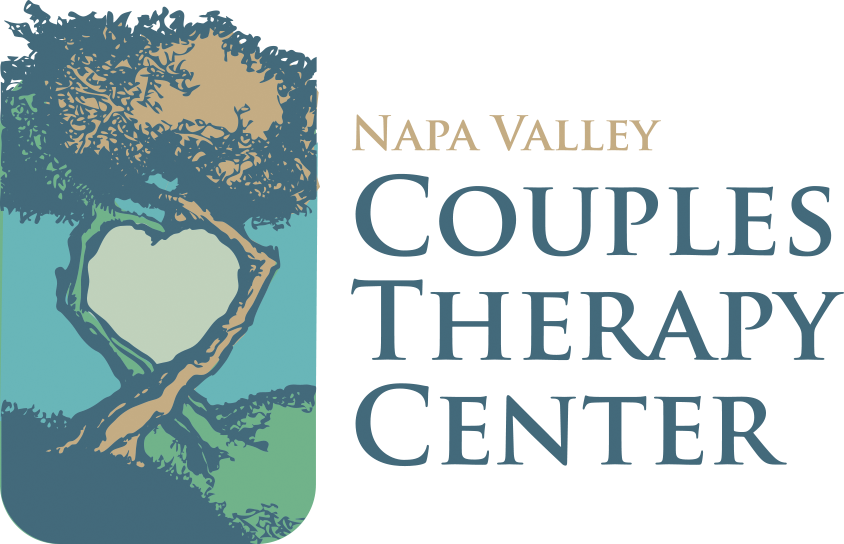RECOMMENDED READING FOR A CALMER MIND & DEEPER CONNECTION TO SELF AND OTHERS:
In order to maximize the work you are doing in Individual, Couples or Sex therapy, our San Francisco psychotherapists & psychologists recommend that you do some reading in between sessions.
SAN FRANCISCO COUPLES THERAPY & SEX THERAPY READING SUGGESTIONS
RELATIONSHIPS & ATTACHMENT
- John Welwood: Perfect Love, Imperfect Relationships: Healing the Wound of the Heart
- John Welwood: Love and Awakening: Discovering the Sacred Path of Intimate Relationship
- John Welwood: Journey of the Heart: The Path of Conscious Love
- Esther Perel: Mating in Captivity: Unlocking Erotic Intelligence
- Sue Johnson: Hold Me Tight: Seven Conversations for a Lifetime of Love
- Marlena S. Lyons, Jett Psaris: Undefended Love
- Thomas Lewis: A General Theory of Love
- Gary Chapmen: The 5 Love Languages: The Secret to Love that Lasts
SAN FRANCISCO COUPLES THERAPY & SEX THERAPY READING SUGGESTIONS
- Hold Me Tight by Sue Johnson, Ph.D.
- High Conflict Couple, by Alan Fruzzetti, Ph.D.
- After the Honeymoon, by Dan Wile, Ph.D.
- Wired for Love, by Stan Tatkin, PhD
- Nonviolent Communication: A Language of Life by Marshall Rosenberg
- Love and War in Intimate Relationships, by Stan Tatkin, PhD
- The Transforming Power of Affect, by Diana Fosha, PhD
- Couples Therapy: A Non-traditional Approach by Dan Wile
- Attached by Amir Levine and Rachel Heller
- The Practice of Emotionally Focused Couples Therapy, by Sue Johnson, Ph.D.
- Passionate Marriage by David Schnarch
- Getting The Love You Want by Harville Hendrix, Ph.D.
- Talk to Me Like I'm Someone You Love, Relationship Repair in a Flash, by Nancy Drefus, Psy.D.
- Tell Me No More Lies: How to Face the Truth & Build a Loving Marriage, by Bader and Pearson
- Facing Love Addiction by Pia Mellody
- Perfect Love, Imperfect Relationships by John Welwood
- Allies in Healing: When the Person You Love Was Sexually Abused as a Child by Laura Davis
SEX
- Dr. Gina Ogden: The Return of Desire: A Guide to Rediscovering Your Sexual Passion
- Ian Kerner: She Comes First
- Barbara Keesling: Sexual Healing
- Celeste Hirshman and Danielle Harrel: Cockfidence
- The Heart of Desire: Keys to the Pleasures of Love By Dr. Stella Resnick
- Wanting Sex Again: How to Rediscover Your Desire and Heal a Sexless Marriage By Laurie Watson
- Paul Joannides: The Guide to Getting It On
- Betty Dodson: Sex for One: The Joy of Self-loving
- Jack Morin: The Erotic Mind: Unlocking the Inner Sources of Passion and Fulfillment
- Come as You Are: The Surprising New Science that Will Transform Your Sex Life
- Body-Based Intimacy: A Neurobiological Integration of Couples and Sex Therapy By Dr. Stella Resnick
- Sensate Focus in Sex Therapy: The Illustrated Manual By Linda Weiner, Constance Avery-Clark
- Jeese Bering: Perv: The Sexual Deviant in all of us
.
BREAK – UPS
- Susan Piver: The Wisdom of a Broken Heart: How to Turn the Pain of a Breakup into Healing, Insight, and New Love
- Pema Chodrom: When Things Fall Appart
NON MONOGAMY
- Tristan Taormino: Opening Up: A Guide to Creating and Sustaining Open Relationships
- Dossie Easton and Janet Hardy: The Ethical Slut
MINDFULNESS
- Sharon Salzberg and Sakyong Mipham : Quiet Mind: A Beginner’s Guide to Meditation
- Bhante Henepola Gunaratana: Mindfulness in Plain English
- Tara Brach: Radical Acceptance: Embracing Your Life With the Heart of a Buddha
- John Kabat-Zinn: Wherever you go, there you are: Mindfulness Meditation in Everyday
TRAUMA
- Waking the Tiger: Healing Trauma by Peter Levi
- Trauma and Recovery by Judith Herman, MD
- Healing Sex by Staci Haines
- The Body Remembers by Babette Rothschild
- When Things Fall Apart by Pema Chodron
- The Mindful Way Through Depression: Freeing Yourself from Chronic Unhappiness by Mark Williams, John Teasdale
- The Mindful Way through Anxiety: Break Free from Chronic Worry and Reclaim Your Life by Susan Orsillo, Ph.D.
- 8 Keys to Safe Trauma Recovery: Take-Charge Strategies to Empower Your Healing by Babette Rothchild
- In an Unspoken Voice: How the Body Releases Trauma and Restores Goodness by Peter Levine, Ph.D.
INTIMATE PARTNER VIOLENCE & ABUSE
• Allies in Healing: When the Person You Love Was Sexually Abused as a Child by Laura Davis
• Woman-to-Woman Sexual Violence: Does She Call It Rape? by Lori Gershick
• Violent Betrayal: Partner Abuse in Lesbian Relationships by Claire M. Renzetti
• Violence in Gay and Lesbian Domestic Partnerships by C.M Renzetti
• Men Who Beat the Men Who Love Them: Battered Gay Men and Domestic Violence, by John Dececco, PhD
• Surviving Sexual Violence: A Guide to Recovery and Empowerment edited by Thema Bryant-Davis












